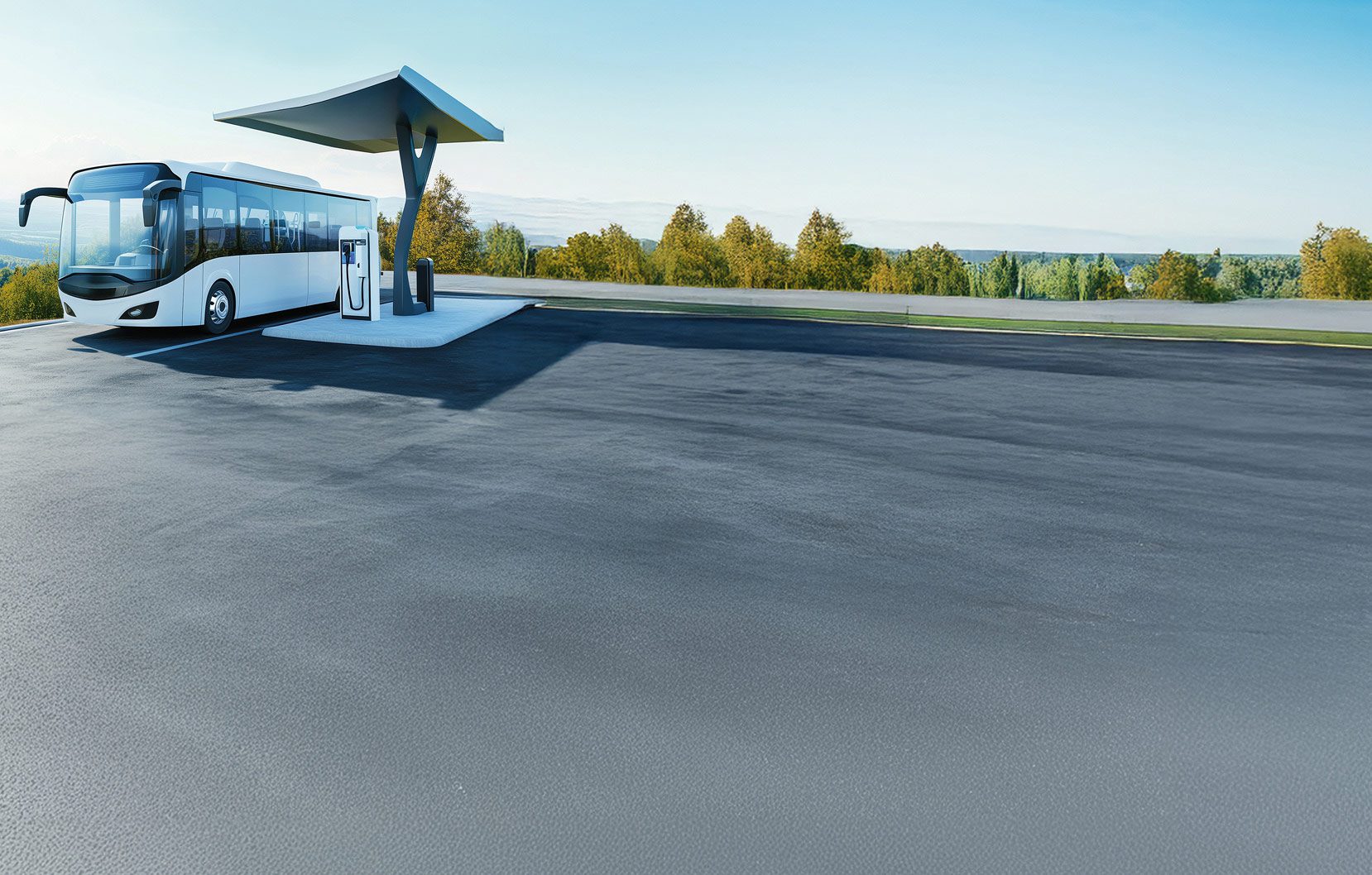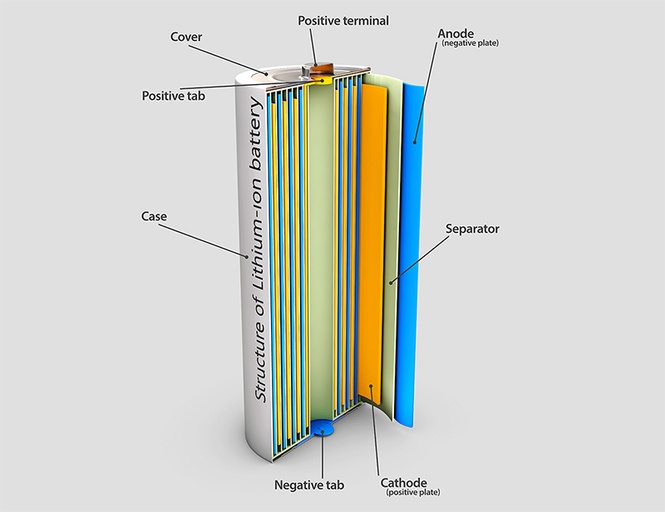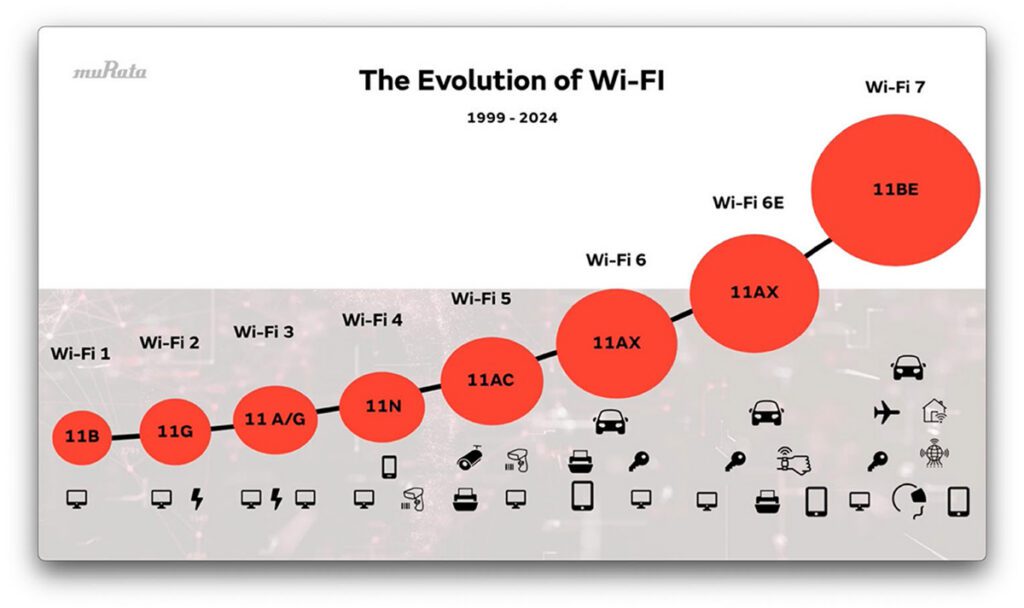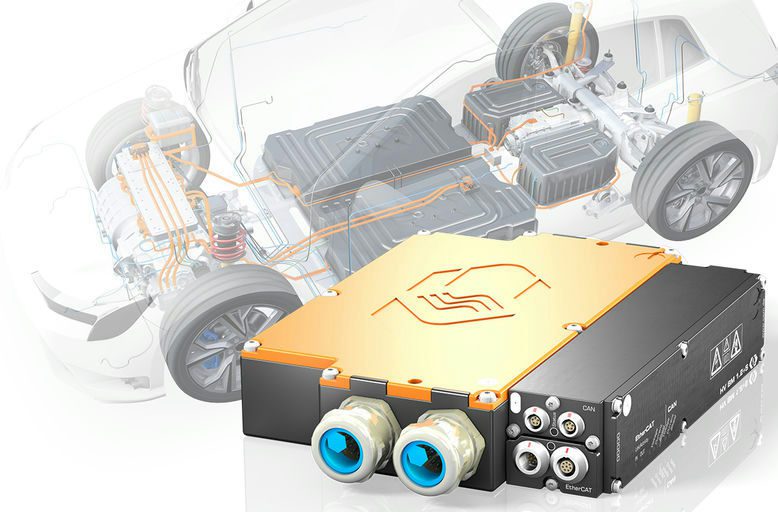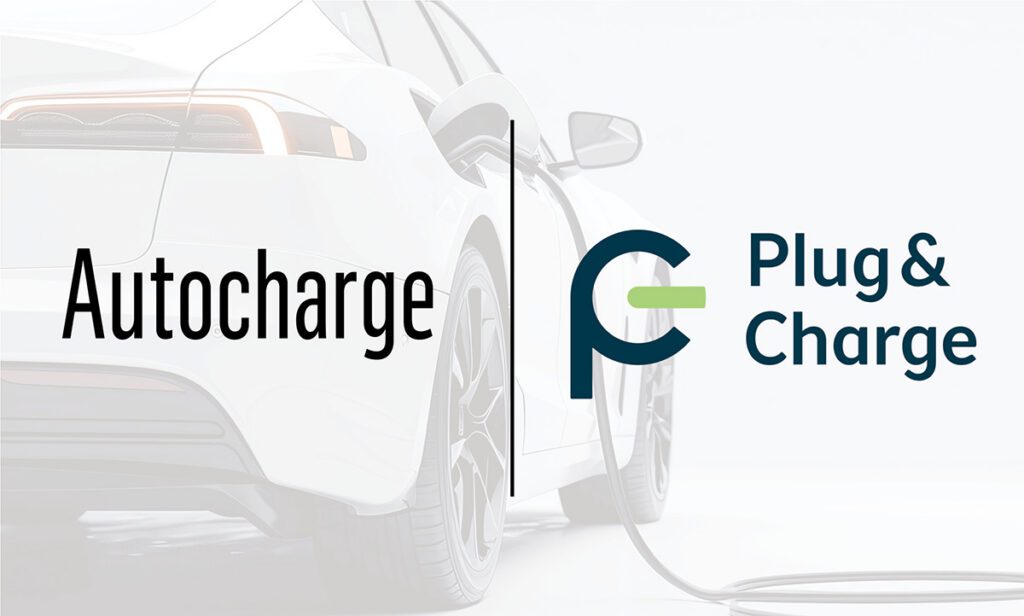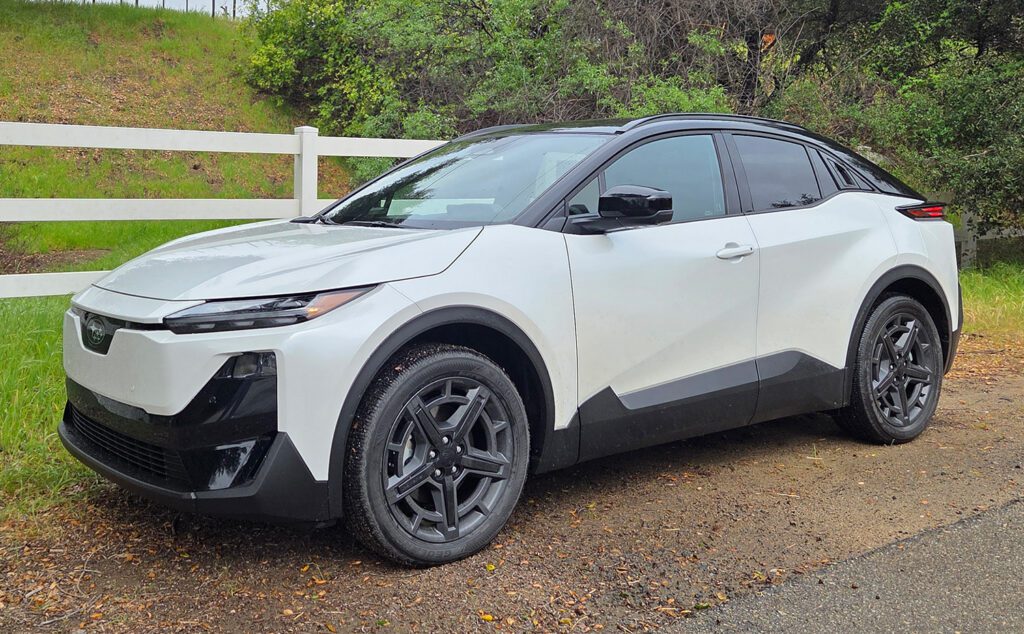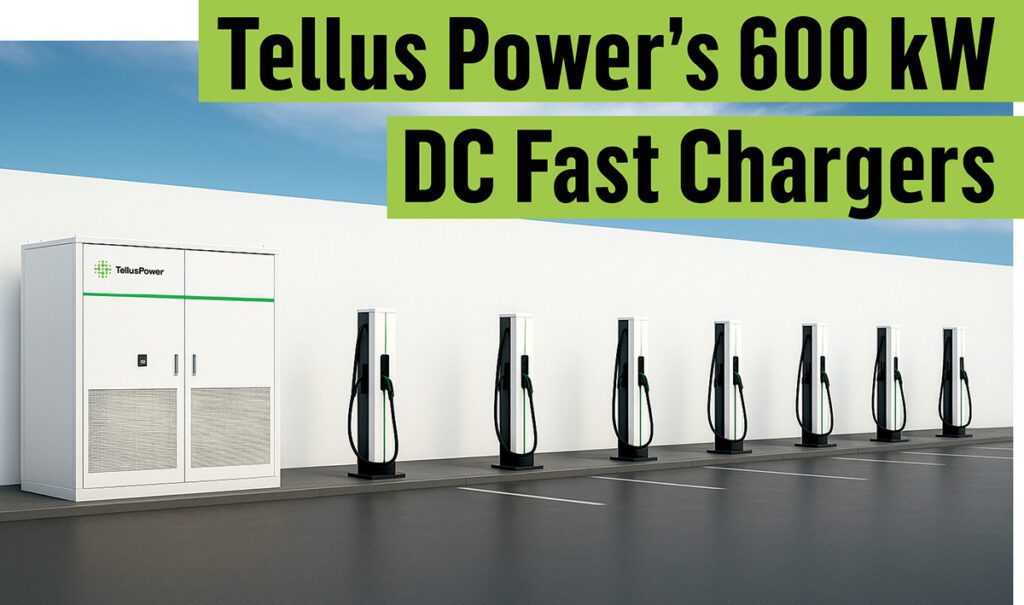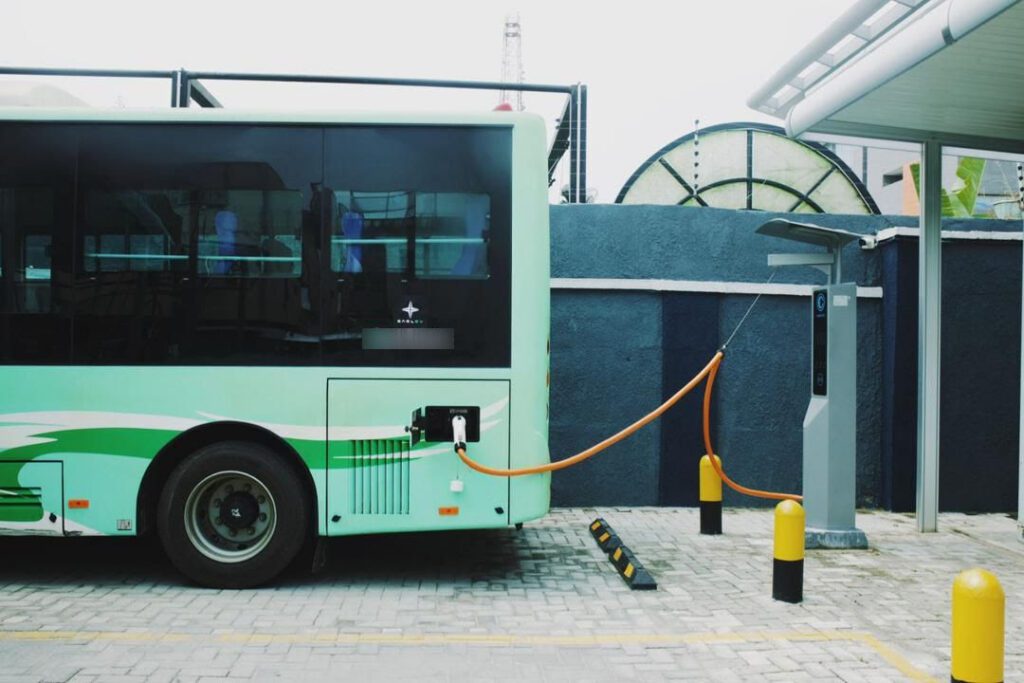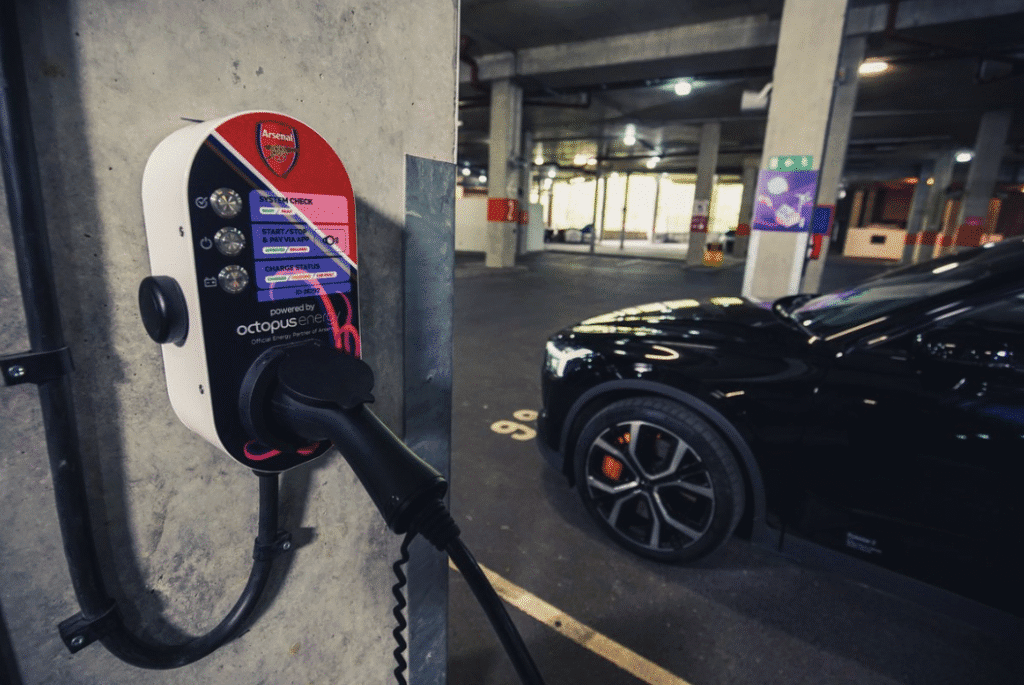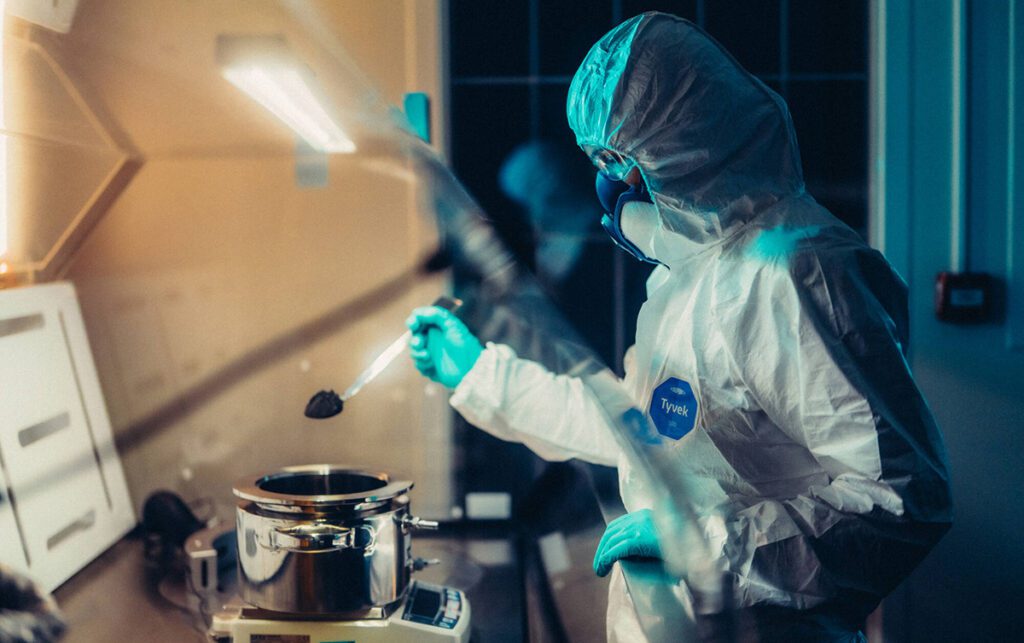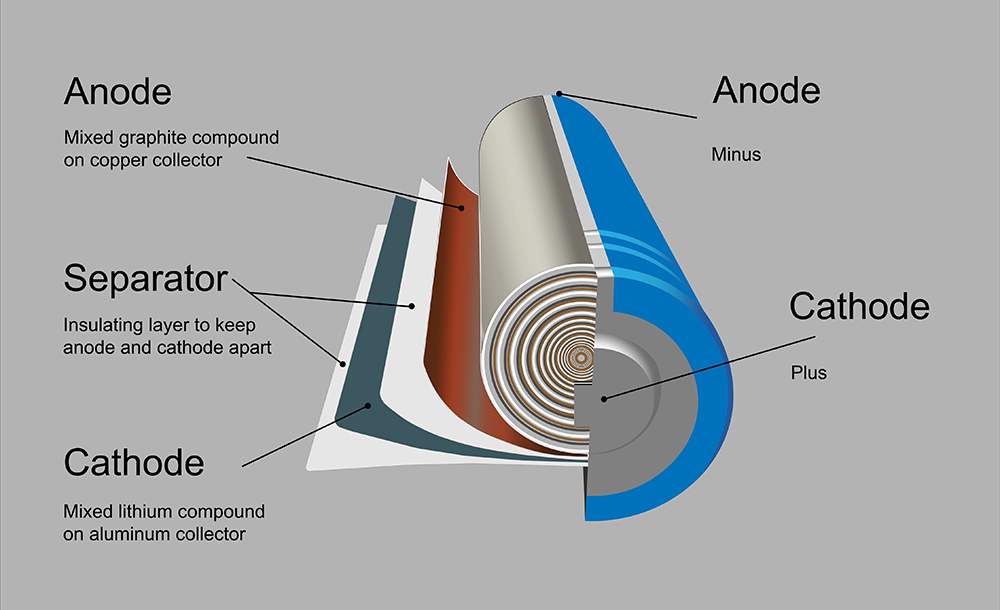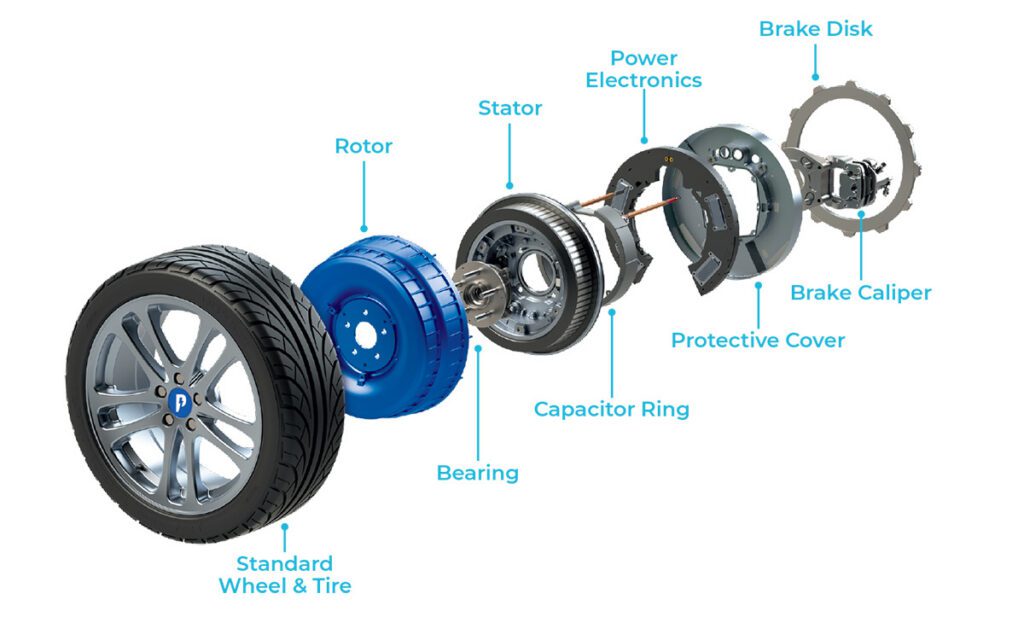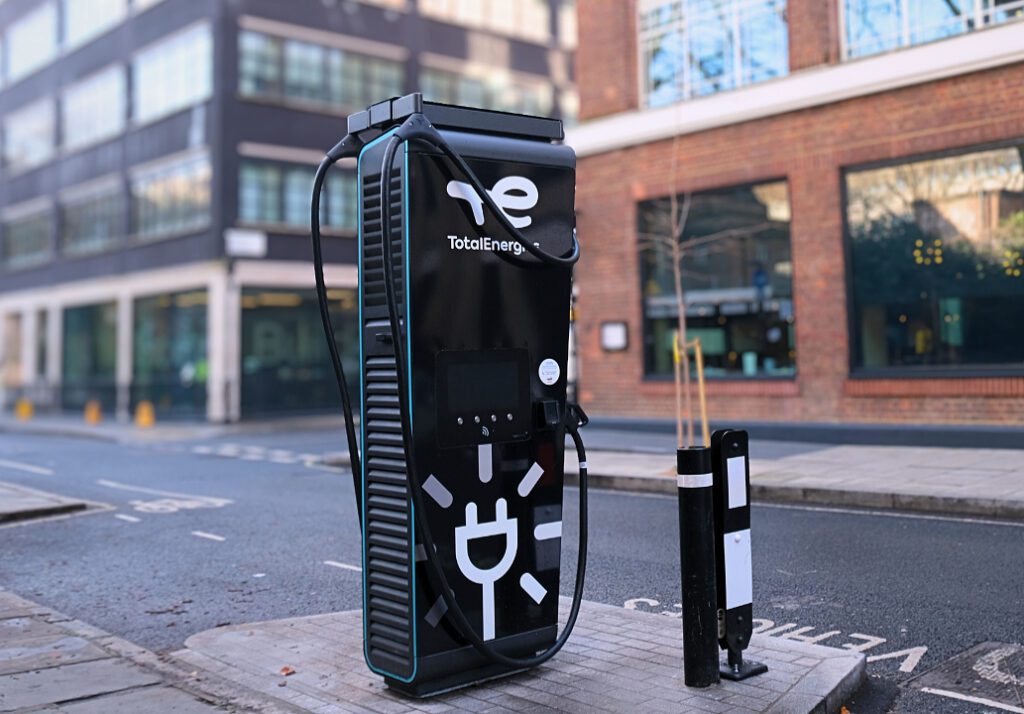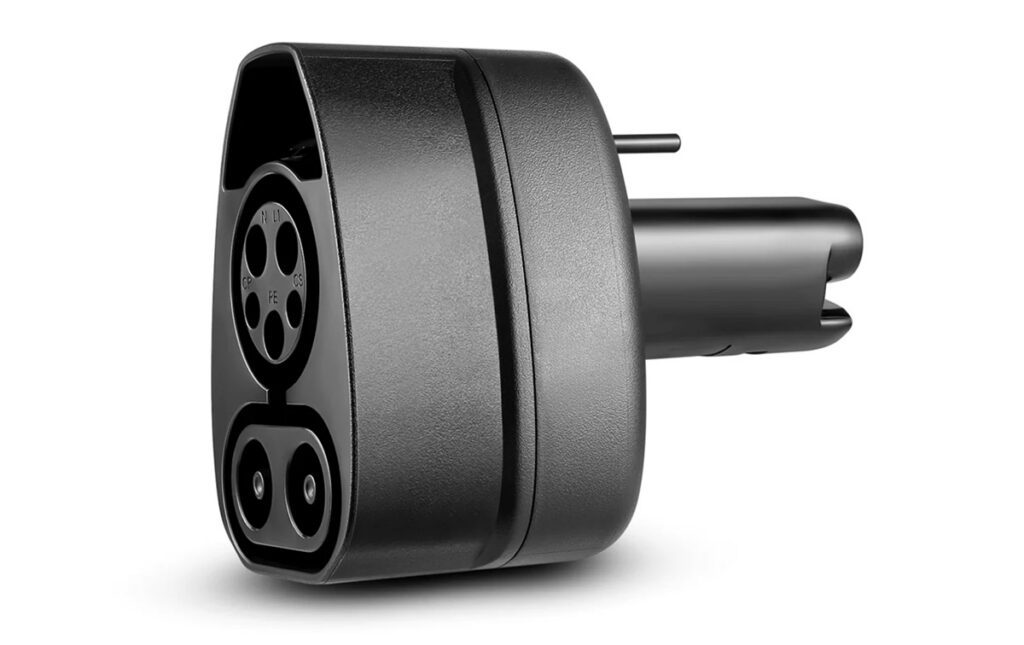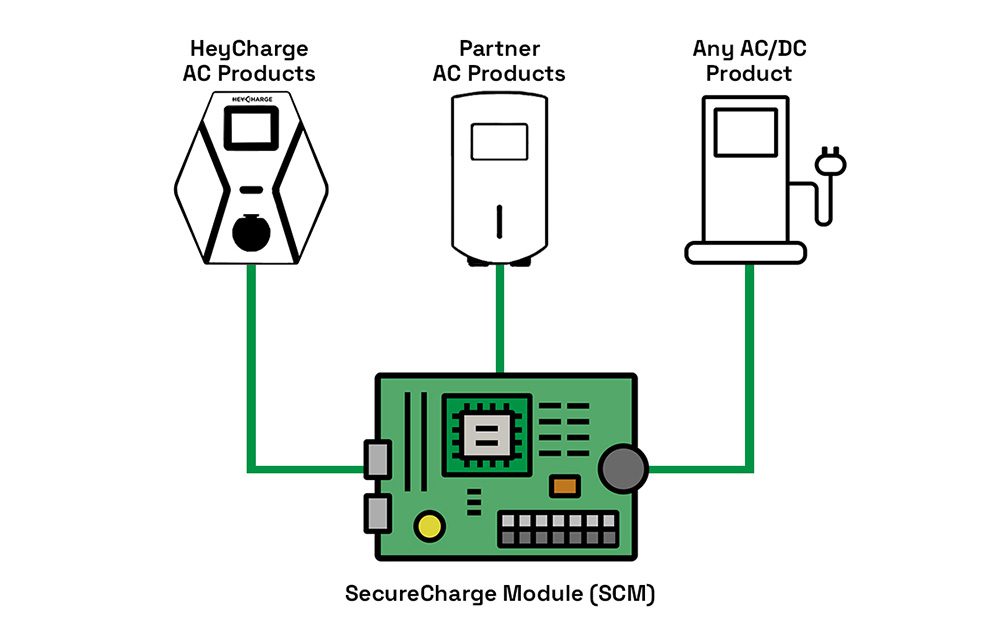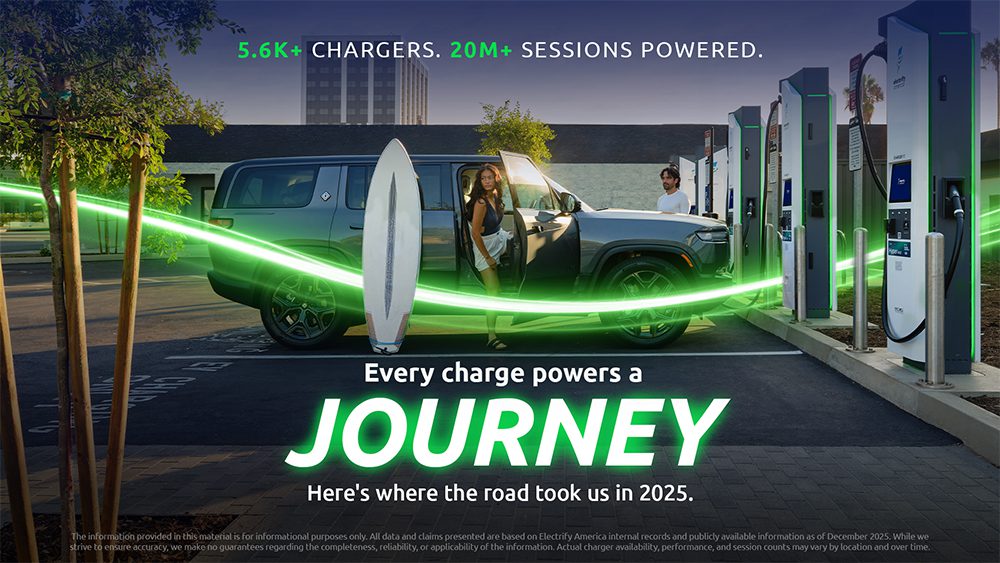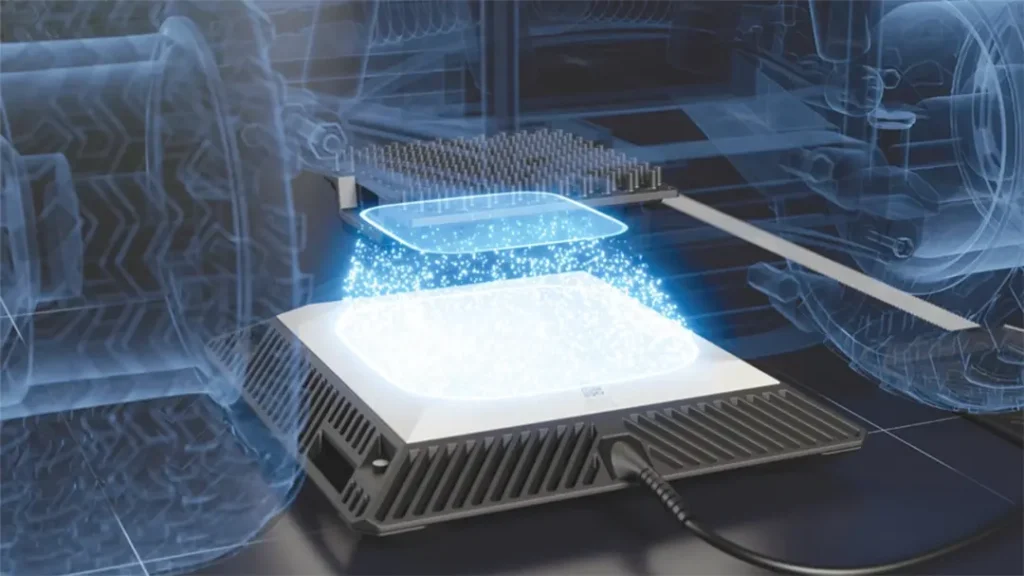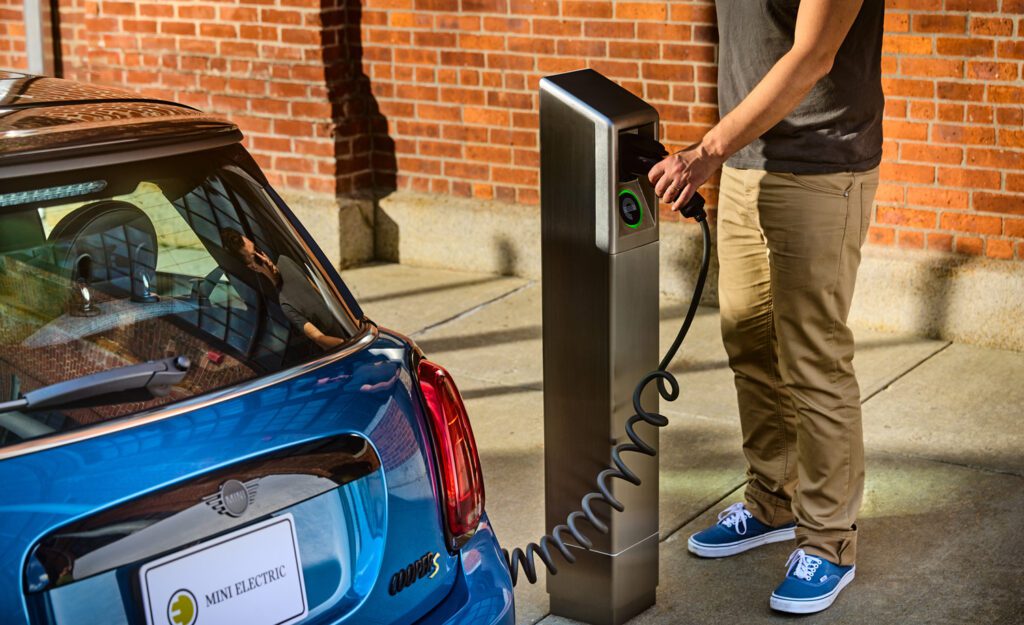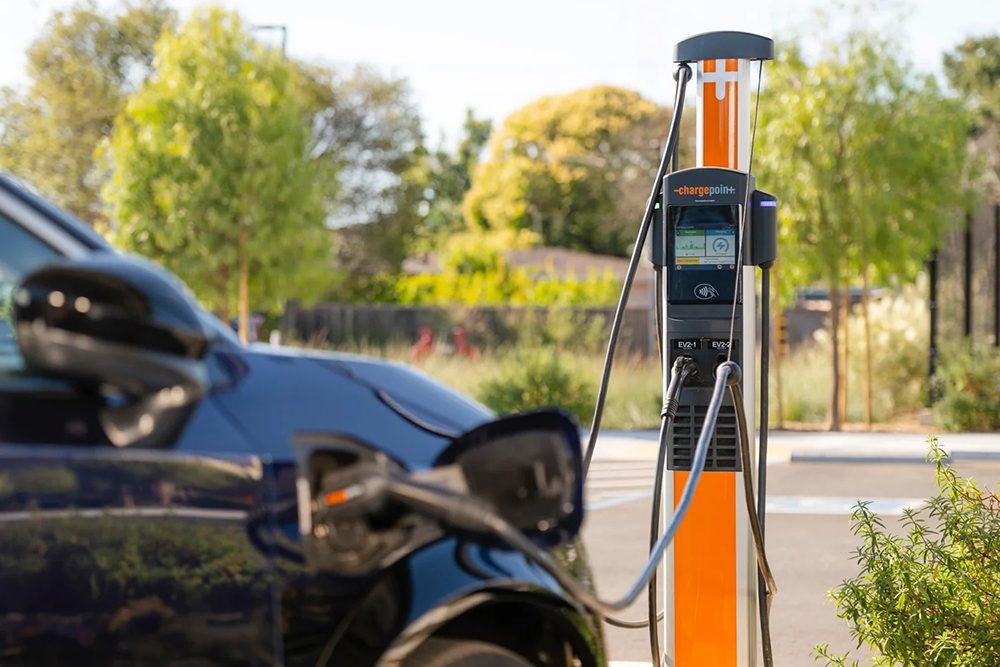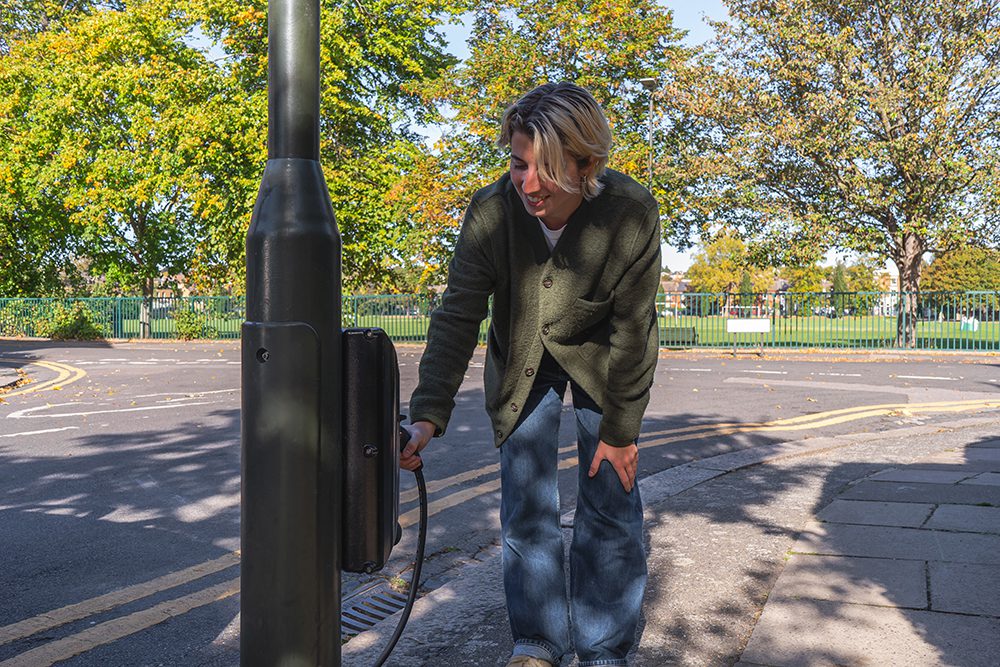MIT researchers analyzed three decades of studies that examined the decline in lithium-ion battery prices, and found that costs have dropped by 97 percent since they were first commercially introduced in 1991. This rate of improvement is much faster than many analysts had claimed, and is comparable to that of photovoltaic panels, which some had considered to be an exceptional case. The new findings were reported in the journal Energy and Environmental Science, in a paper by MIT postdoc Micah Ziegler and Associate Professor Jessika Trancik.
Trancik said when they started to look into the decline in battery prices, “we saw that there was substantial disagreement as to how quickly the costs of these technologies had come down.” Similar disagreements showed up in tracing other aspects of battery development, such as energy density and specific energy.
While it was common knowledge that the decline in battery costs was an enabler of the recent growth in EV sales, it was unclear just how great that decline had been. Through this detailed analysis, Trancik said, “we were able to confirm that [the cost of] lithium-ion batteries has improved at rates that are comparable to solar energy technology, and specifically PV modules, which are often held up as kind of the gold standard in clean energy innovation.”
“Battery costs determine price parity of EVs with internal combustion engine vehicles,” said Venkat Viswanathan, an Associate Professor of Mechanical Engineering at Carnegie Mellon University, who was not associated with this work. “Thus, projecting battery cost declines is probably one of the most critical challenges in ensuring an accurate understanding of EV adoption.”
Source: MIT

